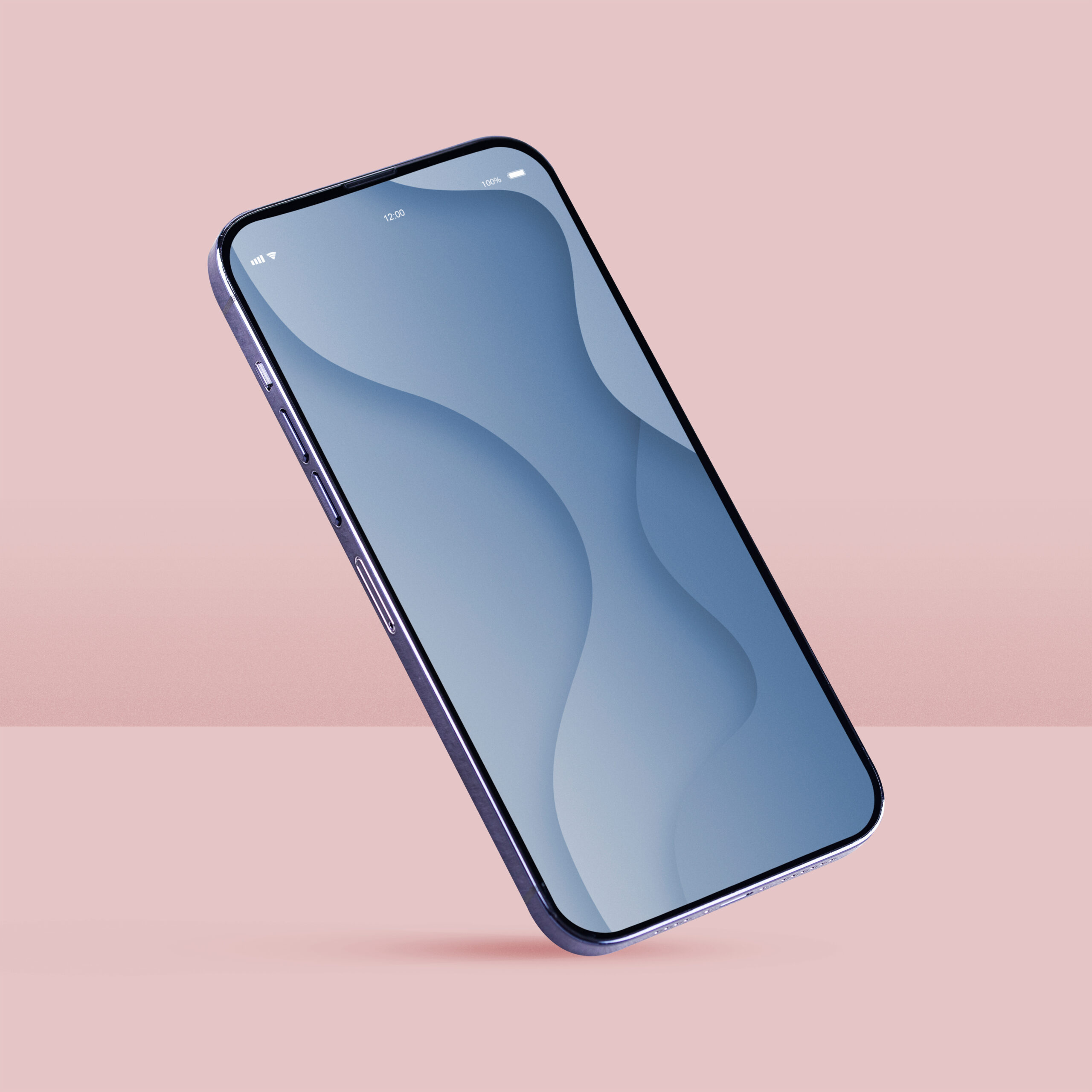Reducing screen time on phones presents a considerable challenge due to their design to captivate attention and stimulate dopamine responses. Acknowledging this difficulty is crucial, as it entails more than mere willpower but rather a complex interaction with technology. Recognizing the desire to spend less time on phones is a positive step, indicating a readiness to change and improve habits. Instead of solely focusing on restriction, it’s beneficial to identify personal motivations or “whys” behind wanting to reduce screen time, such as being more present in relationships or achieving professional goals.
Practical strategies like enabling grayscale mode, silencing notifications, or physically distancing oneself from the phone can reduce its allure. These methods disrupt habitual behaviors and diminish the immediate gratification phone use is associated with. Intentionally organizing apps or removing social media apps entirely can limit distractions and promote mindfulness. Experimenting with using a secondary “dumb phone” provides a gradual transition away from smartphone dependence, fostering a healthier relationship with technology.
Understanding the impact of excessive phone use on mental health is crucial. Social media, in particular, can contribute to anxiety, comparison, and depression for some individuals. Therefore, selectively removing social media apps from phones or restricting their usage to computer platforms can mitigate these negative effects. Balancing the benefits and drawbacks of smartphone usage is essential; while phones offer convenience and connectivity, over-reliance can lead to imbalance and interpersonal issues.










